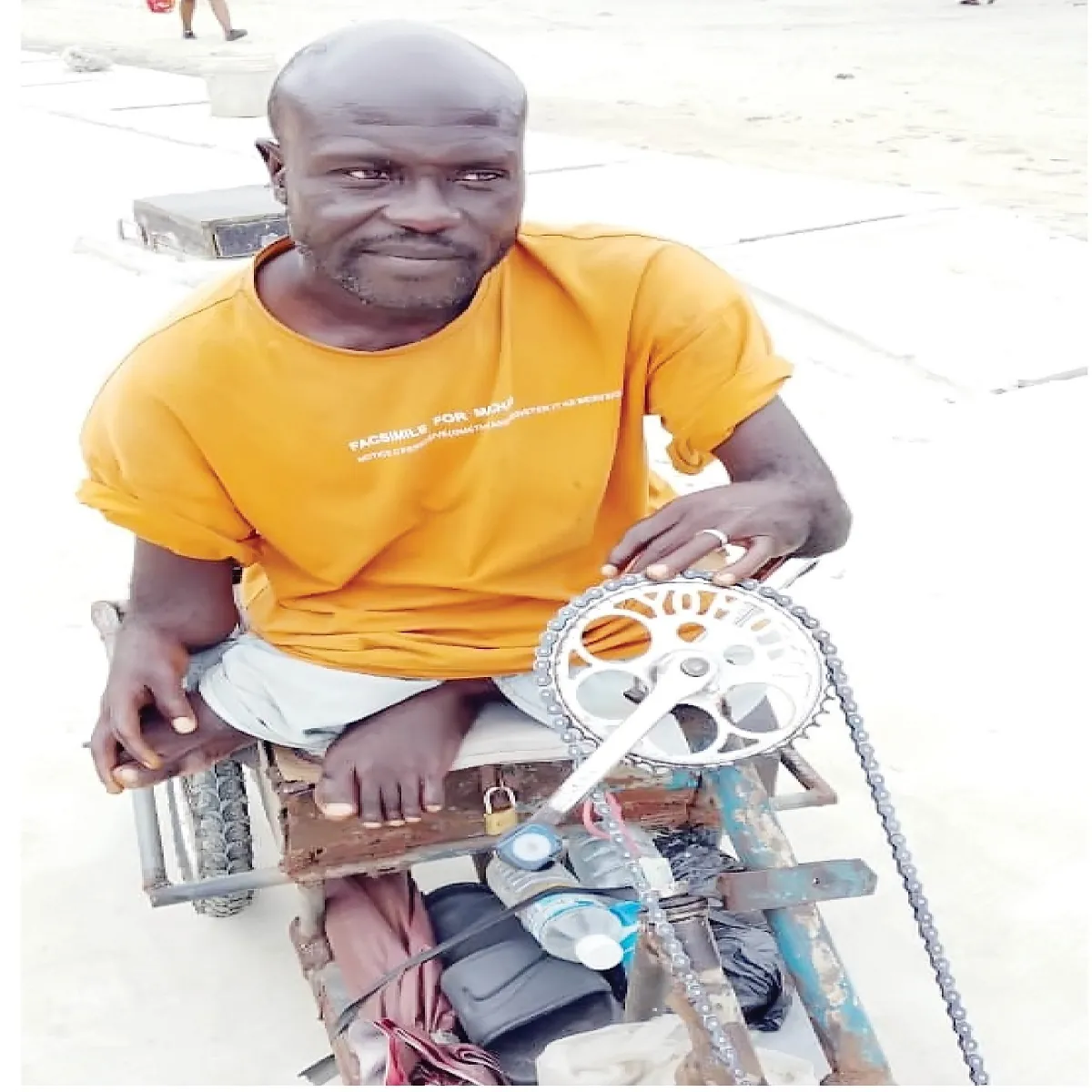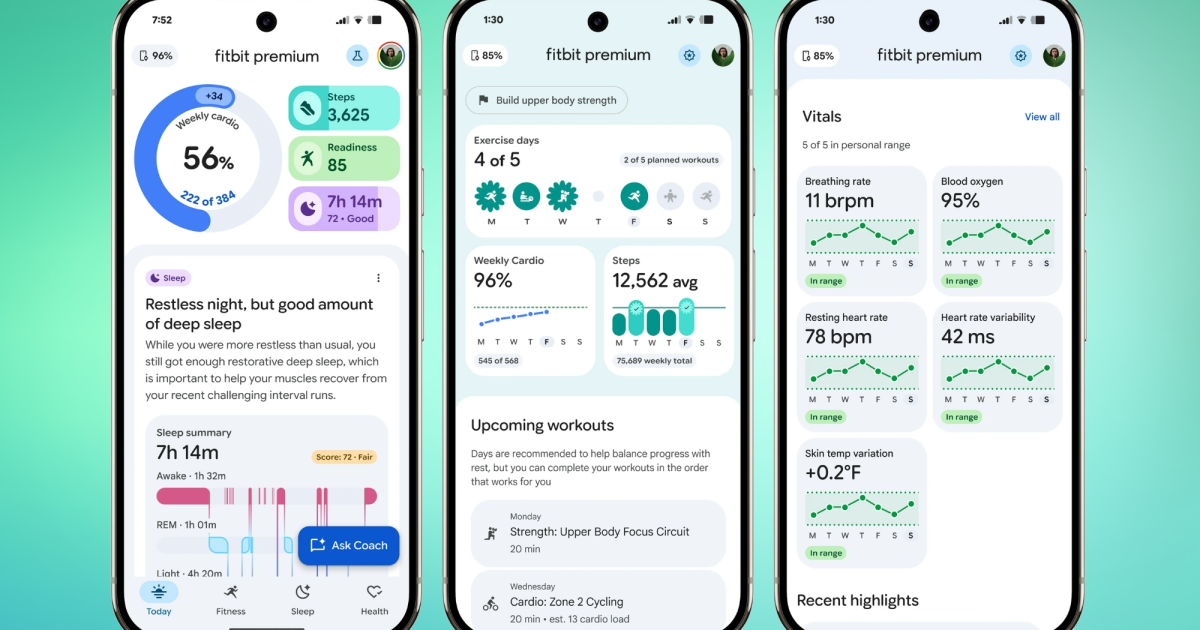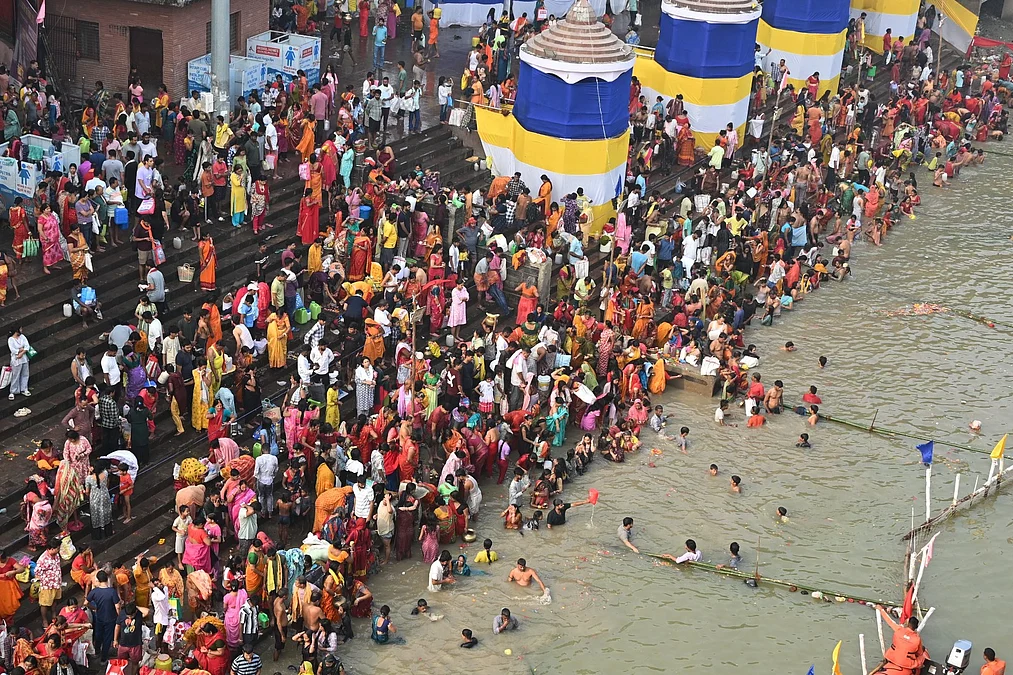Copyright tribuneonlineng

It was a cloudy Monday afternoon at Enerhen Junction, the ever-busy heart of Warri in Delta State. Pedestrians hurried along the dusty sidewalks, weaving between construction barriers as vehicles were banned from passing through the road due to ongoing repairs. Amid the bustle sat a man in a worn wheelchair, 44-year-old Abdurrahman Muktar, a beggar from Kano State, whose frail smile and weary eyes told stories of hardship that words could barely capture. Abdurrahman’s wheelchair, as Saturday Tribune later learnt, was not even his. He had borrowed it from a friend because he could not afford to buy one of his own. As he sat under the cloudy sky, greeting passers-by with hopeful smiles, he prayed silently that some might be kind enough to drop a few naira notes, not for luxury, but to feed his wife and five children back home. Like many of his counterparts from the North who have travelled to southern cities in search of daily bread, Abdurrahman’s journey has been one of pain, perseverance, and deep faith. Born crippled to poor parents in Dala Local Government Area of Kano State, he has known hardship all his life. “My name is Abdurrahman Muktar from Dala Local Government Area of Kano State,” he began, his voice trembling as he spoke to Saturday Tribune. “I have five children — three girls and two boys. I am 44 years old. I had five siblings, but some are late now. I was born crippled. My siblings are not that buoyant, if not, they would have been assisting me.” Growing up, Abdurrahman said he used to dream of walking and fending for himself like other boys in his neighbourhood. “I used to wish I could walk because I used to see my mates walking and hustling for themselves. I only attended primary school. I couldn’t attend secondary school because my parents couldn’t afford it,” he explained. Life, according to him, has been “very hard and exhausting” because his physical condition makes even simple tasks difficult. “There were things I wanted to do for myself that were extra difficult because of my condition. There was no money to get a wheelchair, so I was crawling with my hands,” he recounted with a pained smile. Without the means to learn a trade or do physical work, Abdurrahman said he turned to begging as his only source of survival. “I couldn’t do some of the menial jobs my mates were doing to survive so I resorted to begging for alms,” he said. He started begging at a very young age. “I started begging at a very young age because of how difficult things were for my siblings and I while growing up. I was begging in Kano and because of how terrible things have become with the economy, I was making less and less every day,” he said. The situation became so unbearable that Abdurrahman decided to seek greener pastures elsewhere. “The highest I could make before someone suggested that I should come to Warri was N500, which couldn’t sustain my family of seven,” he told Saturday Tribune. His wife, he added, has no means of livelihood. “My wife doesn’t have anything she’s doing right now, so we are practically living on what I am able to get from what I beg,” he said. In early 2025, Abdurrahman made the long journey from Kano to Warri, hoping that a new environment would bring new opportunities. “I came to Warri early this year and even as bad as things are, I’m able to make at least N1,500 a day. I will eat with N500, and keep N1,000 which I send home by the end of every week,” he explained. Every week, he saves what little he can to support his family. “So by every weekend, I’m able to send N7,000 home to my family for them to feed with. So it’s from this N7,000 weekly allowance that my wife pays for their school fees, feeds and takes care of them health-wise,” he added. Even that small amount, Abdurrahman said, is never enough to cater to all their needs. “It’s just God that is helping me and my family. In fact, that N7,000 that I send home is not always enough but they just manage with it. What I eat is the N500 that I’m left with,” he said. Despite his challenges, Abdurrahman still dreams of a better life where he can earn a living with dignity. “I can do business oo,” he said with sudden enthusiasm. “If somebody wants to help me now, I will just beg them to help me with money to start up a business and if I’m able to start up a business where I can sit one place to sell, I won’t have to beg to feed my family again.” But his problems do not end there. He revealed that his family in Kano is on the verge of being evicted. “My house rent has expired and my landlord in Kano is threatening to throw my family out if we don’t pay our rent of N200,000 annual rent,” he said with visible worry. Over the years, Abdurrahman has written several letters to government agencies in both Kano and Abuja, appealing for assistance — all to no avail. “I have written several applications to government secretariat in Kano and Abuja, soliciting for help. The help does come but it doesn’t get to me,” he lamented. According to him, the system meant to help persons with disabilities is riddled with corruption and neglect. “They will pass it through our people to help cripples like me but those people will pocket it and it won’t get to us. I have written about 10 applications soliciting for help but the people those help gets to, to get to me, usually pocket them,” he explained. Abdurrahman recalled one of his most painful experiences with government bureaucracy. “There was one time I went to Abuja, wrote an application begging the government to empower me with business, they agreed, they gave it to some of the people in charge of receiving things like that on behalf of differently abled people like us and they did not give it to us,” he said. Today, even the wheelchair that gives him the ability to move around is not his. “If I lose this wheelchair I am on now, because it is actually not mine, I borrowed it from someone, I will start walking on the ground,” he said with resignation. “Wheelchair is so costly now. They now sell it for N150,000 and I don’t have that kind of money now.” Still, Abdurrahman remains hopeful that one day help will come, not just for him, but for his family. “It’s money to take care of my wife and children that I am actually begging for. My children stopped going to school before I came to Warri because there is no enough money to cater for their education but now, they have resumed,” he said with a faint smile. As the clouds thickened over Enerhen Junction and the crowd thinned, Abdurrahman adjusted himself on the borrowed wheelchair, clutching a small tin bowl. For him, each day begins and ends with faith: faith that someone will stop, listen, and lend a helping hand. For this crippled father, panhandling is not a choice. It is survival: and until life turns kinder, Abdurrahman Muktar will keep pushing his borrowed wheels of hope through the bustling streets of Warri.



